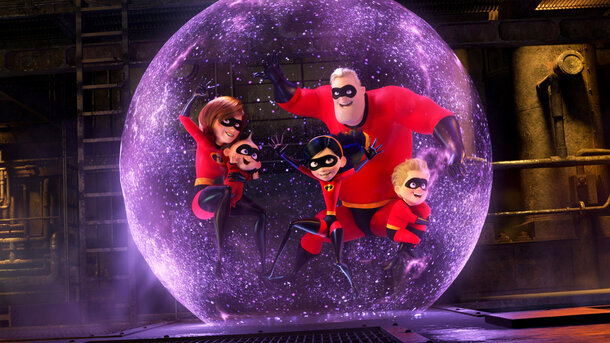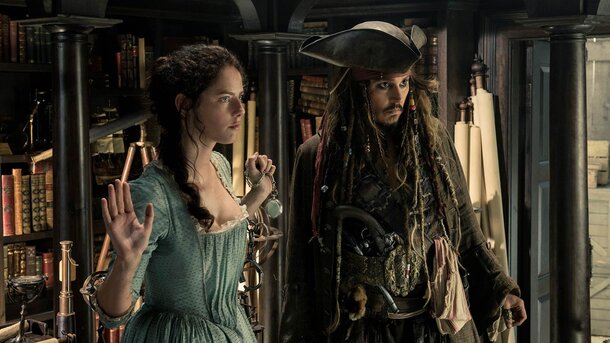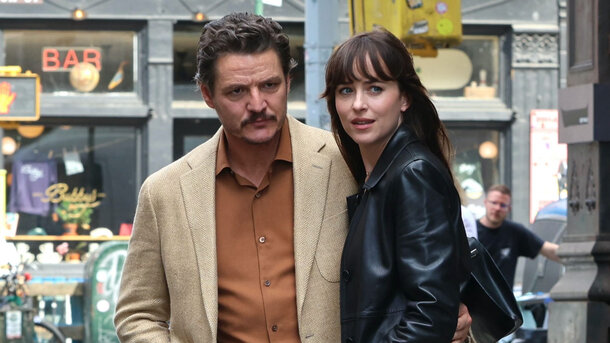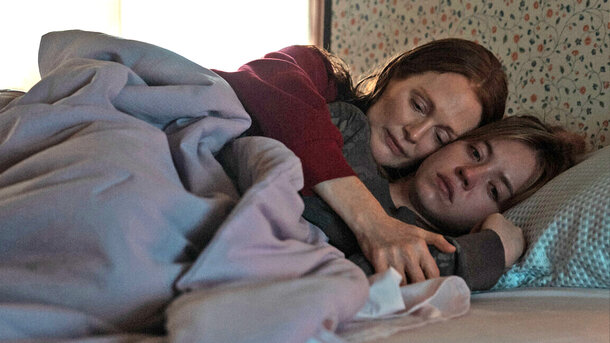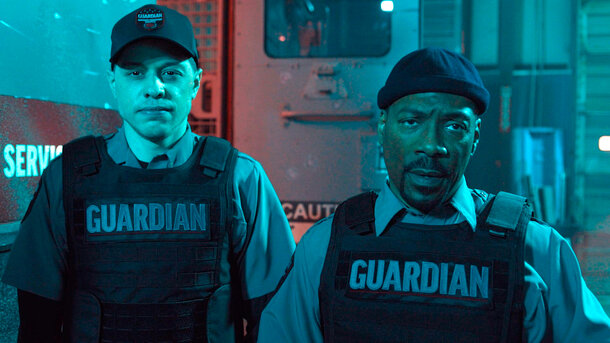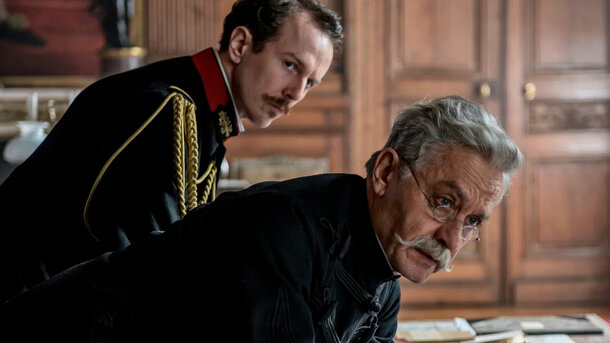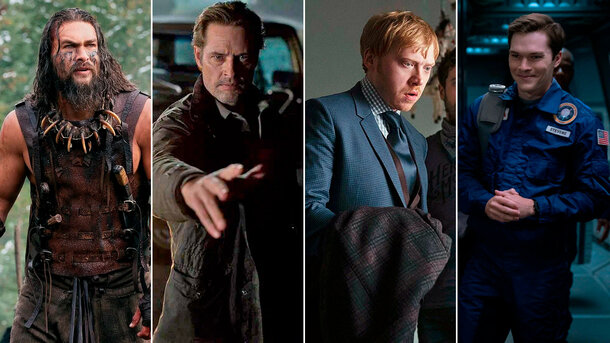Few films have left an impression as enduring as Happy Gilmore. This 1996 comedy, directed by Dennis Dugan, showcases Adam Sandler in one of his most iconic roles, blending humor with heartfelt moments in a way that still resonates today.
The film introduces us to Happy Gilmore (Adam Sandler), a failed hockey player with an explosive temper but an incredible slapshot. When his beloved grandmother (Frances Bay) faces eviction due to unpaid taxes, Happy stumbles into professional golf, using his unorthodox skills to rise through the ranks. His loud, aggressive style clashes with golf’s elite, particularly the smug Shooter McGavin (Christopher McDonald), creating a rivalry that fuels the film’s chaos. With support from PR executive Virginia Venit (Julie Bowen) and one-handed golf coach Chubbs Peterson (Carl Weathers), Happy sets out to win big and save his grandmother’s home—one outrageous swing at a time.
A Comedic Clash Between Chaos and Tradition
Dennis Dugan’s direction skillfully contrasts Happy’s rough energy with the refined, almost snobbish world of golf. The pacing is sharp, making every comedic moment land, while also allowing space for character development. Sandler’s performance balances Happy’s rage-fueled antics with a surprising emotional core, making him a lovable underdog. McDonald, as Shooter, is the perfect over-the-top villain — smug, entitled, and completely ridiculous. Visually, the cinematography makes great use of sprawling golf courses, which serve as the backdrop for Happy’s unhinged behavior. The soundtrack, featuring classic rock hits like "Tuesday’s Gone" by Lynyrd Skynyrd, complements the film’s rebellious spirit.
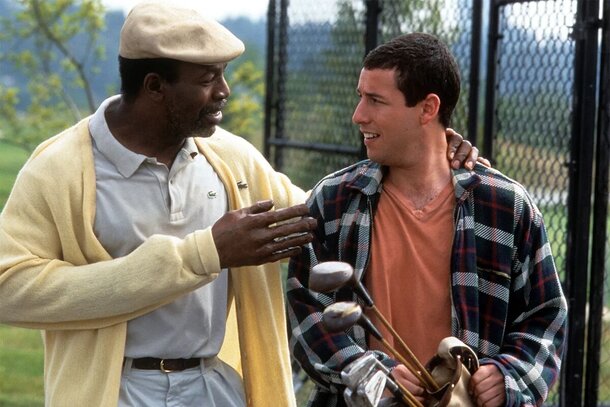
Themes of Perseverance and Defying the Odds
At its heart, Happy Gilmore is about perseverance, staying true to yourself, and breaking barriers in a world that resists change. The film humorously critiques the elitism of sports, proving that passion and authenticity can shake up even the most traditional institutions.
Box Office Success and Lasting Cultural Impact
Upon release, Happy Gilmore received mixed reviews but has since become a cult classic. According to IMDb, the film holds a 7.0/10 rating. It won the MTV Movie Award for Best Fight, thanks to the legendary brawl between Happy and Bob Barker. Financially, the film was a success, with an estimated budget of $12 million and grossing over $41 million worldwide. (imdb.com)
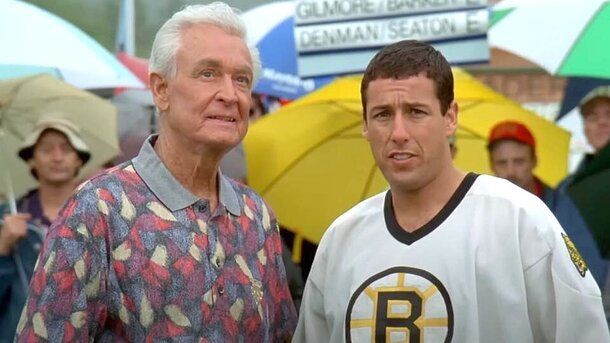
Audience Reactions: USA vs. UK
In the U.S., Happy Gilmore was an instant hit, especially with fans of Adam Sandler’s energetic, slapstick comedy. Many of its lines and moments — like Happy’s explosive temper, his bizarre swing technique, and the iconic Bob Barker fight — became ingrained in pop culture. Even professional athletes, particularly golfers, have referenced and paid homage to the film over the years.
In the UK, the reaction was more mixed. British critics initially found the humor too brash compared to the subtle, dry wit often favored in British comedies. However, audiences embraced the film’s absurdity, especially as Sandler’s global popularity grew. Over time, it has become a well-loved classic in sports and comedy circles, frequently aired on TV and referenced in conversations about unconventional sports films. Despite their different comedic sensibilities, both American and British audiences have come to appreciate Happy Gilmore for its ridiculous yet heartfelt take on the underdog story. It remains a staple in the sports comedy genre, proving that laughter — no matter how outrageous — knows no borders.
Final Verdict: A Sports Comedy That Stands the Test of Time
With Happy Gilmore 2 set to hit Netflix in 2025, fans worldwide are eagerly anticipating the return of this beloved misfit. If history has taught us anything, it’s that Happy Gilmore is never truly out of the game.


